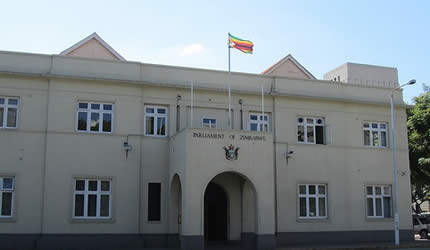Zim strikes digitalisation deal
Lovemore Mataire Senior Reporter
Zimbabwe has received a boost in its quest to meet the June deadline for migration from analogue to digital following a $125 million funding deal signed between the Broadcasting Authority of Zimbabwe (BAZ) and Huawei International.
The deal was revealed on Wednesday by BAZ chief executive Mr Obert Muganyura when he addressed the country’s broadcasting stakeholders in Harare.
Mr Muganyura said the deal with Huawei International was sealed by President Mugabe when he visited China last August where he signed several mega deals that also included the funding of the digitalisation project.
“Considering that a lot of ground work had already been covered through the Memorandum of Understanding and the feasibility study conducted, Huawei is in a good position to deliver a complete digital solution for Zimbabwe in a manner that enables Zimbabwe to comply with ITU (International Telecommunication Union) deadline,” said Mr Muganyura.
He said BAZ had also managed to raise additional funding from a digital dividend which involves investment by private companies in frequency savings due to the efficiency of digital technology.
He said the digital dividend investment was made available to interested companies for the issuance of data casting licence and only one applicant, NetOne, had applied and was licensed at a cost of $200 million, which had since been paid.
Data casting or data broadcasting is the broadcasting of data over a wide area via radio waves. It often refers to supplemental information sent by television stations along with digital television.
The ITU deadline for migration is June 17, 2015 and applies to television broadcasting only and not radio.
Mr Muganyura said given the ground work covered so far, Zimbabwe was on course to meet the deadline, which involved changing at least 24 analogue sites to digital.
“The project is not focusing on digital compliance alone but a complete digital television for Zimbabwe, which includes changing all television studios, having outside broadcasting facilities, digital content production centres, digitalisation of existing analogue radio studios, renewal of FM radio transmission network and having web-based television systems,” Mr Muganyura said.
He said there were several benefits from migration to digital such as increased capacity in network and service, three to four networks and the capacity to license players with six more additional high definition television players coming on board. The system could be expanded to license more players.
Mr Muganyura said business opportunities were available for the supply of content to broadcasters.
He said migration to digital also entailed all television sets being fitted with a device that allowed only those who had paid for their viewing licences to have access to television channels.








Comments